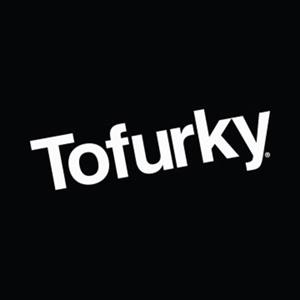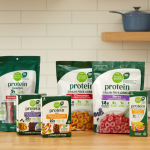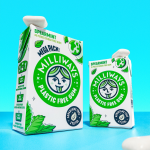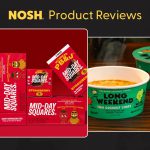Tofurky CEO on Company Sale: ‘We Were Facing a lot of Challenges’
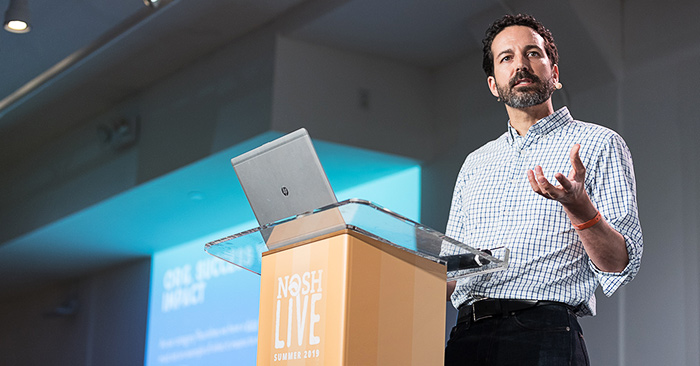
As the maker of vegan proteins, Jaime Athos has long been a steward of the land. Now, he’s also a landlord.
Last week, Athos’ company, Turtle Island Foods, which makes alt-meat and dairy lines Tofurky and Moocho, was acquired by Morinaga Nutritional Foods, the U.S. subsidiary of multibillion dollar Japanese company Morinaga Milk Industry Co.
The deal will allow Turtle Island’s brands to continue on under new ownership following economic setbacks and a heavily competitive marketplace that has evolved around vegetarian protein sources, said Athos, the company’s 2nd generation CEO.
“We were going through a lot of challenges [and] for us to be the best version of this company that we could be…we needed to find the right partners,” Athos said. “This is also the one that made the most sense to my family.”
Terms of the deal were not fully disclosed, but a spokesperson for Tofurky told NOSH the purchase price exceeded $50 million. In exchange, Morinaga acquired all of Tofurky’s assets, including its brands, recipes and production equipment, but Athos and his family will continue to own the buildings the company operates out of, serving as Morinaga’s landlords.
For the 2021 fiscal year, Tofurky reported $42.3 million in sales, but the business ultimately reported a loss of $4.1 million. When asked if the family had to sell or else risk losing the business, Athos said “it wasn’t quite in that situation” but that Tofurky was “facing a lot of challenges.”

In addition to disruptions due to the COVID-19 pandemic, Athos said the explosion of plant-based options added to the financial pressure facing Turtle Island. Though compared to when the company started, in 1980, there is now far more interest in plant-based meat substitutes from retailers and consumers alike, the category is fragmented, with more competition, resulting in a need for more investment into marketing. Meanwhile, during the COVID-19 pandemic not only did Tofurky face shipping and distribution issues, but co-packers and some ingredient suppliers were less focused on smaller brands in favor of their larger clients.
“It really pointed out how there’s some benefits to being a bigger company, or, at least having the backing of a larger company, and the resilience that can create,” Athos said. “Our goal has always been to maximize the impact of our company and our brand and I think this is a step toward continuing that impact going forward.”
Athos said the company considered simply seeking outside financing but feared most investors would expect Tofurky to compromise its product standards. Many investors interested in plant-based meat, he added, see the category as a tech play and are looking for direct meat analogues created using food science – and they seem to expect hockey stick growth. Tofurky, rather, has tried to create meat substitutes using identifiable, whole food ingredients and has focused on steady growth.
“We’re not a tech company. And that’s really not kind of the fabric of how we wanted to operate our business,” he added. “I think that made us different from a lot of companies that we’ve been hearing about in plant-based for the last five years, or eight years.”
While Athos was clear there was inbound interest from investors, including ESG-focused firms with a longer time horizon for a possible exit, he said it was “hard not to just kind of dismiss those as opportunism because it was a hot place to put money.”
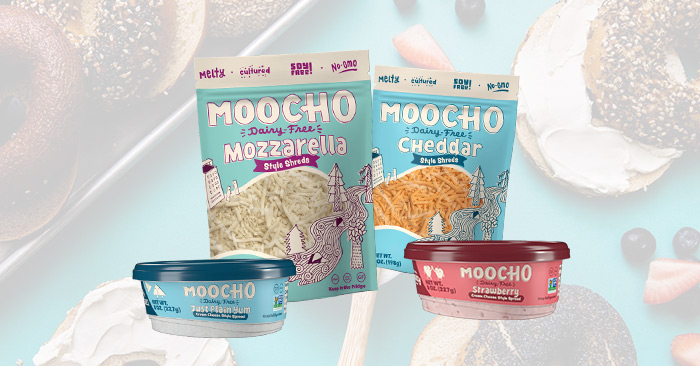
Because Morinaga’s tofu plant is located in Tualatin, Oregon, just an hour and a half away from Turtle Island’s Hood River home base, Athos and his family also felt confident that the company would continue to support the local community, which totals roughly 7,000 year-round residents, he said, and not move manufacturing overseas or to another state.
The two companies have also built a relationship over 17 years while Morinaga served as the tofu supplier for Tofurky. Though Athos says he is aware that as a publicly traded company in Japan Morinaga is beholden to its shareholders, he believes that with this backing Tofurky can now become a more financially stable brand, ultimately turning a profit.
For starters, he said, Morinaga should be able to help the brand regain a foothold in Asia, which is one of the leading markets for plant-based foods.
Before COVID, Athos said, Tofurky was sold on six continents, including Antarctica. However, as the pandemic made obtaining raw ingredients and shipping more difficult, the company had to retreat from all markets except North America, where the line is sold in roughly 28,000 doors.
“We had to cut somewhere and the international business is what had to be thrown overboard just so that we can fulfill the demand that our domestic demand,” he said.
Though Morinaga now owns 100% of the company, Athos will remain as CEO of Tofurky and Moocho. Doing so, he said, will also allow him to maintain his position on the Plant Based Food Association (PBFA) board of directors. Through his work with the PBFA, Tofurky has taken a strong stance against states trying to regulate, and limit, the language plant-based meat brands can use on their packaging, with the company a plaintiff in several lawsuits.
Athos said while these legal proceedings were a core focus during the diligence process, Morinaga ultimately understood why the company, and Athos, needed to remain politically outspoken and continue to pursue litigation.
“I think that they got comfortable with them. We’re taking the position of being a plaintiff and advocating for the industry. That really should pave the way for future success of Tofurky,” he said. “And they’re invested in that obviously, like literally invested in it.”
